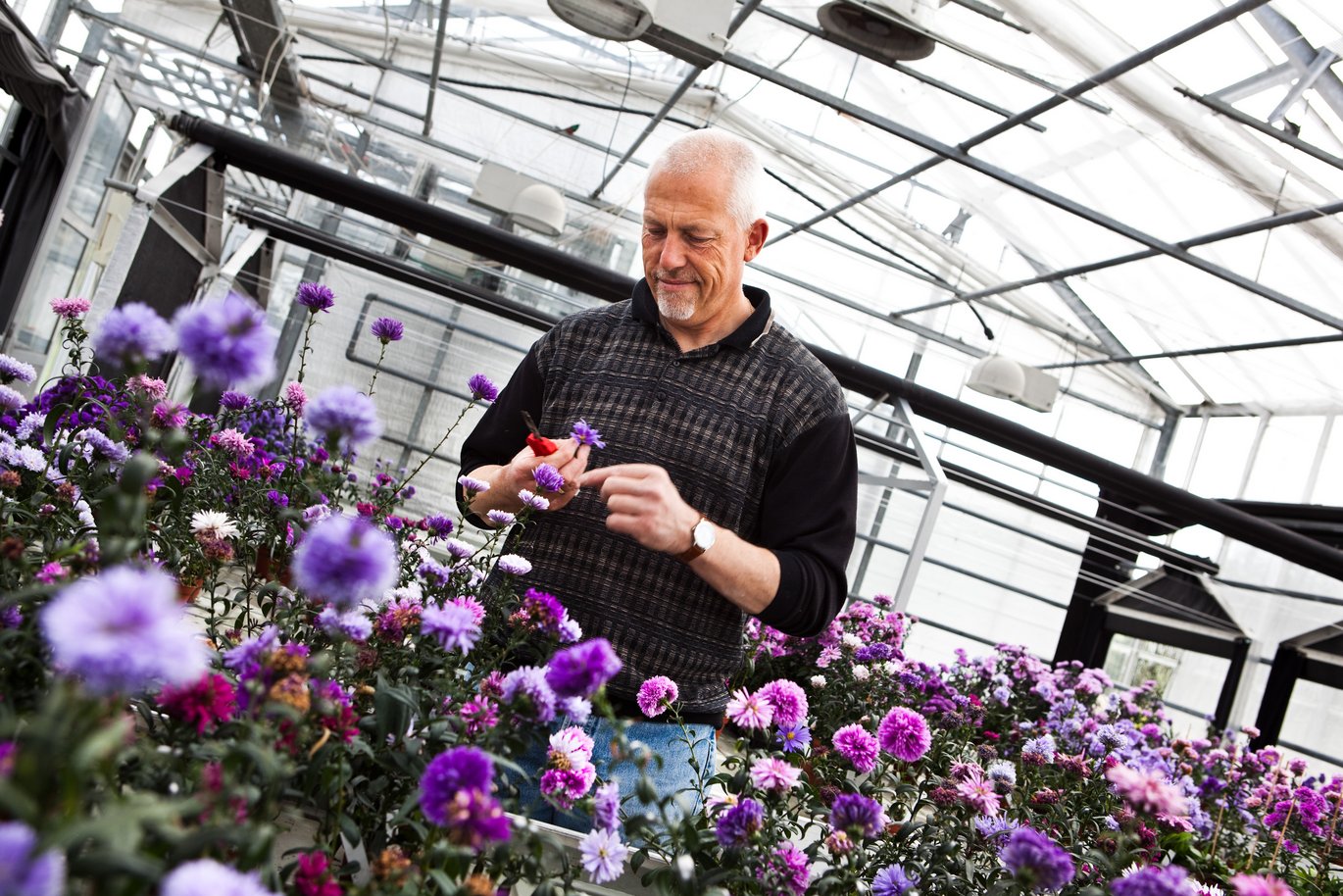Researchers in the North Sea Region aim for greener greenhouse production
Researchers from Aarhus University are leading a project that puts the spotlight on reducing energy consumption in greenhouse production of fruit, vegetables and ornamental plants in the North Sea Region without compromising quality.

It might be that fruit, vegetables and ornamental plants are green – but production of them is not always as green as you could wish for. In North Europe, a great deal of energy is used for lighting, heating and climate control in greenhouses.
This will be improved with the aid of a new project in the North Sea Region that focuses on reducing energy consumption and improving climate control. The project, called SmartGreen, is a collaboration between researchers and companies from six different countries and is led by Professor Carl-Otto Ottosen from the Department of Food Science at Aarhus University.
- We collaborate with growers in the various countries around the North Sea to combine research and experiments for the improvement of energy efficiency and reduction of energy consumption while maintaining product quality, says Carl-Otto Ottosen.
Need to reduce resource use
Greenhouse production of fruit, vegetables and ornamental plants is an important part of the economy in the North Sea Region. The sector has an output of approximately nine billion euros per year and employs more than 500,000 people in more than 10,000 SMEs. However, there is a catch: greenhouse production is very dependent on water and energy and has a low use of renewable energy, depending on the country.
- We need innovation for development of new or improved control methods so that the consumption of water, energy and chemicals can be reduced, says Carl-Otto Ottosen.
The project will combine analysis of big data regarding climate and production with practical demonstrations at SMEs to identify and illustrate the situations in which the growers can reduce their energy consumption. Development and application of new sensors and measuring systems as well as energy efficient control of greenhouses will contribute to fulfilling the goal of improving energy efficiency by approximately 10 percent.
The project will also use the knowledge that exists about LED in the various countries to improve the use of LED in greenhouse production and make light consumption intelligent.
Exchange of experience is important
An important aspect of the project is exchange of experience between the countries and between research and practice.
- SmartGreen connects experienced research groups with SMEs to create a strong synergy with the aim of making the sector in the North Sea Region greener. A greener production can contribute to maintaining financial growth in the North Sea Region while simultaneously achieving significant environmental improvements, including less pollution, reduced emissions of greenhouse gases and nutrients, and longer-lasting use of resources, says Carl-Otto Ottosen.
Facts about SmartGreen
- Funding: 1.5 million euros from the European Regional Development Fund (Interreg) – North Sea Region
- Budget: 3.3 million euros
- Partners: Nine research institutions and three companies in six countries
- Duration: Four years (July 1, 2017-April 30, 2021)
- Project leadership: Department of Food Science, Aarhus University
Read more on the project website here.
For more information please contact: Professor Carl-Otto Ottosen, Department of Food Science, email: coo@food.au.dk, telephone: +45 8715 8373, mobile: +45 2290 3105
